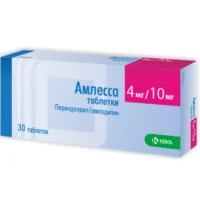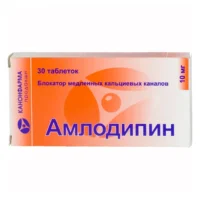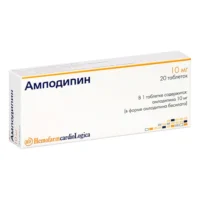Description
Nebival (Nebivolol Hydrochloride) Tablets 5 mg. №80
Ingredients
- Active ingredient: Nebivolol hydrochloride
Dosage
- Dosage: The recommended dose is 5 mg once daily. It can be taken with or without food.
Indications
- Indications: Nebival is indicated for the treatment of hypertension (high blood pressure).
Contraindications
- Contraindications: Do not use Nebival if you have a history of severe bradycardia (slow heart rate), heart block, or severe hepatic impairment.
Directions
- Directions: Take Nebival exactly as prescribed. Do not exceed the recommended dose.
Scientific Evidence
Nebivolol, the active ingredient in Nebival, is a highly selective beta-blocker with vasodilatory properties. Studies have shown that nebivolol effectively lowers blood pressure by reducing peripheral vascular resistance. Additionally, nebivolol improves endothelial function, making it suitable for patients with hypertension and endothelial dysfunction.
Additional Information
Nebivolol’s unique mechanism of action distinguishes it from other beta-blockers. It blocks beta receptors and stimulates nitric oxide production, leading to vasodilation and improved cardiovascular function. This dual action makes nebivolol a preferred option for patients with hypertension and other cardiovascular conditions.
Research studies have demonstrated the efficacy and safety of nebivolol in managing hypertension. Studies have concluded that nebivolol is well-tolerated and effective in reducing blood pressure in patients with essential hypertension. Additionally, nebivolol has shown beneficial effects on endothelial function and arterial stiffness.





